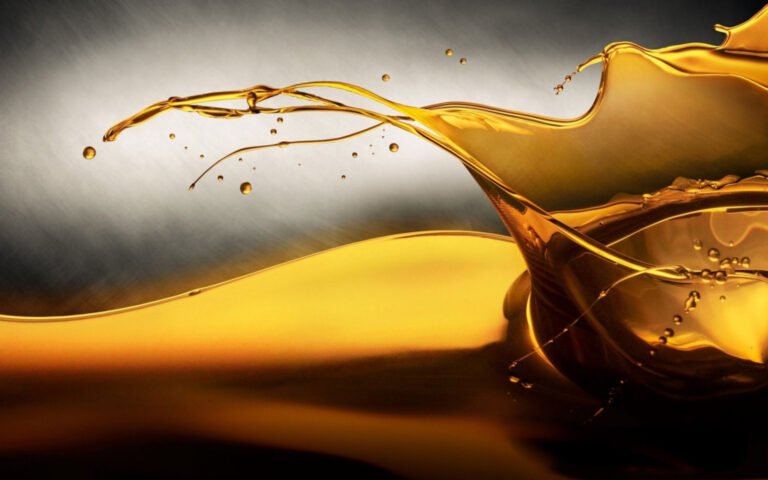Additive Direct Injection (DI) packages are specialized formulations designed to enhance fuel performance in present-day engines. By incorporating advanced detergents, lubricants, and combustion enhancers, those additives maintain a smooth fuel system, optimize combustion techniques, and reduce friction. This results in extra-efficient fuel usage, decreased emissions, and prolonged engine life. Understanding how additive DI packages work exhibits their critical function in reaching advanced engine performance and sustainability within the automobile industry.
1. Cleaning and Maintenance of Fuel Systems
- Deposit Prevention: Fuel injectors in DI engines are susceptible to deposits that could impede fuel flow and disrupt the spray pattern. Additive packages contain detergents that prevent and clean these deposits, ensuring the most advantageous injector’s overall performance.
- Intake Valve Cleanliness: Even though DI engines inject fuel at once into the combustion chamber, intake valves can still accumulate carbon deposits from oil vapors. Additives help keep these valves smooth, improving air intake performance.
2. Improved combustion efficiency
- Enhanced Fuel Atomization: Additives assist in achieving a finer atomization of fuel, leading to an extra uniform and whole combustion manner. This reduces the quantity of unburned fuel and will increase the engine’s thermal performance.
- Octane Boosting: Some additives increase the octane score of the fuel, allowing the engine to function at higher compression ratios without knocking. Higher compression ratios commonly result in better fuel performance.
3. Reduction of friction and wear
- Lubricity Enhancers: Additive packages regularly include compounds that improve the lubricity of the fuel, lowering friction among transferring components inside the fuel device and the engine. Lower friction translates to less strength loss and higher fuel performance.
- Corrosion Inhibitors: Additives protect engine components from corrosion that could degrade engine performance over time. By retaining engine integrity, additives help sustain long-term fuel efficiency.
4. Optimization of Engine Performance
- Stabilizers: Fuel stabilizers in additive packages prevent the oxidation and degradation of fuel, ensuring constant quality and overall performance. This is in particular crucial for engines that aren’t used regularly.
- Combustion Modifiers: These components enhance the combustion traits of the fuel, leading to an extra-clean and green burn. This reduces fuel intake and improves power output.
5. Environmental and emissions benefits
- Emission Reducers: Additives can help decrease the formation of harmful emissions consisting of CO2, NOx, and particulate matter. By decreasing the amount of fuel required to supply the same power, they contribute to a higher ordinary fuel economy.
- Catalyst Protection: Certain components protect catalytic converters and different emission-management devices from contamination and degradation, making sure they function effectively. Efficient emission control structures cannot directly improve fuel performance by preserving optimal engine overall performance.
Conclusion
Additive DI packages enhance fuel efficiency by maintaining a clean and efficient fuel system, improving combustion processes, lowering friction, optimizing engine overall performance, and contributing to lower emissions. These improvements now not only enhance the immediate performance of the engine but additionally make contributions to its durability and reliability, leading to sustained fuel performance over the vehicle’s lifespan.


